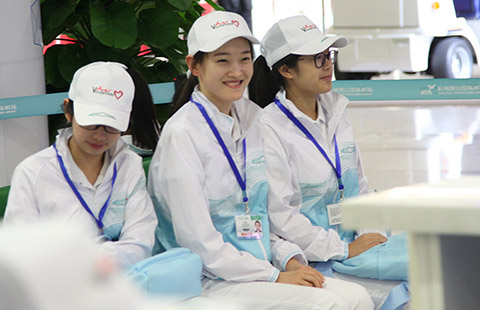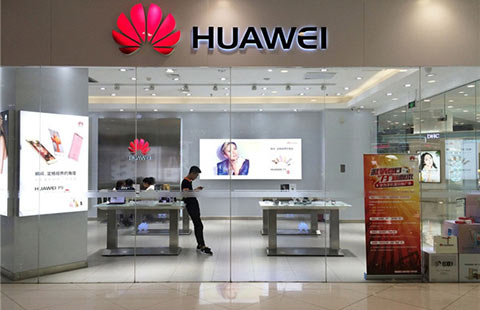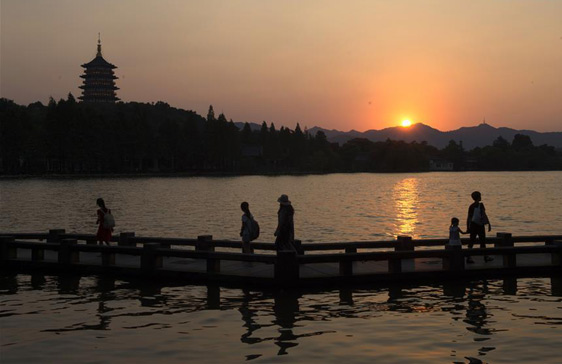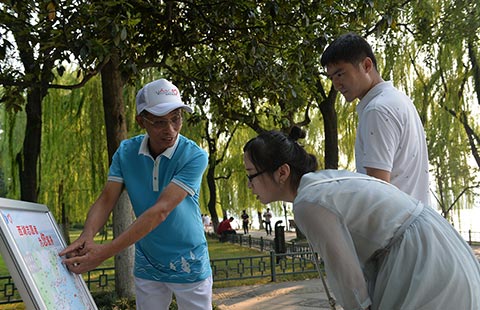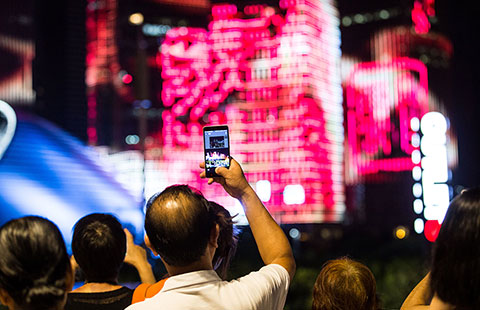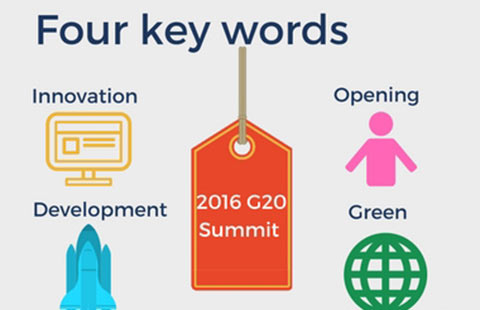Car owners revved up over VW gearbox glitch
By Han Tianyang and Gong Zhengzheng (China Daily) Updated: 2012-05-28 14:57
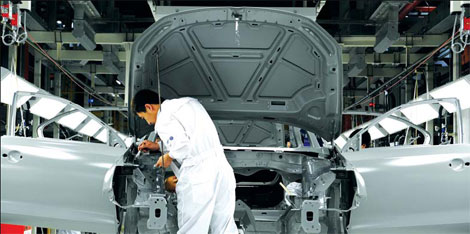 Volkswagen production line in China. Problems with locally made high-tech transmissions are causing consumer concerns. [Photo/Jiang Hongjing/Xinhua] |
Volkswagen Group China and its two local joint ventures announced last week that they will extend the warranty of the direct shift gearbox (DSG) to 10 years or 160,000 km to restore consumer confidence after rising numbers of complaints about the much-touted dual-clutch transmission.
Extended from the previous four years or 150,000 km, the unprecedented warranty will cover the DQ200 seven-speed and the DQ250 six-speed DSG transmissions made before the end of this year, the automaker said in a statement.
"Volkswagen regrets that the DQ200 (seven-speed) gearboxes have inconvenienced some of our Chinese consumers and pledges to take such complaints very seriously and make every effort to satisfy Chinese customers," the company said.
More than 10 models and over 1 million vehicles are equipped with the DSG transmissions and eligible for the prolonged warranty, said Ma Jinghua, a spokeswoman at Volkswagen Group China.
"We hope to reassure our Chinese customers of the reliability and advantages of DSG, which is a new and innovative technology in the global automotive industry," Ma said.
The company's current popular models including the Volkswagen Golf, Magotan, Sagitar, Lavida and the Skoda Octavia all have DSG transmissions as an option. The transmission plus Volkswagen's TSI turbocharged engine are promoted as the automaker's "golden combination" for better fuel efficiency and power performance.
But some car owners have complained online and at the dealerships about problems - mostly with the seven-speed DSG - such as abnormal noise, excessive shift shock and flashing gear indicator that signals an emergency mode when the driver can't shift into any gear.
Responding to the complaints, Volkswagen began free service in March at its dealerships to solve the problems by updating software. But the carmaker didn't launch the recall that was widely expected by affected car owners.
According to the General Administration of Quality Supervision, Inspection and Quarantine, Volkswagen explained in a notice to the national quality watchdog on March 1 that the DSG problem is not related to vehicle safety so it would not make a recall.
Ma said that "the software update still continues and it has proven to be very successful".
Some car owners, however, complained that the problems have not been fixed and their cars have even weaker performance after the software update.
The feedback is currently under investigation, Ma said, noting that the company will "follow it case by case to ensure the satisfaction of our customers".
On March 13, the national quality supervision administration said on its website that it met with the delegates from Volkswagen that day and urged the company to solve the DSG-related problems.
On April 11, the administration advised Volkswagen owners that encountered DSG-related troubles to submit information through email or its website to help further the investigation.
The administration reiterated that it will require Volkswagen to recall the products if they are confirmed to be flawed after the investigation.
Due to the controversy, some customers say they are now reluctant to buy Volkswagen vehicles with DSG transmissions.
Earlier this year when the joint venture FAW-Volkswagen launched its new Golf in China, people noticed that a six-speed Tiptronic gearbox supplied by Japan's Aisin replaced the former DSG transmission on the 1.6-liter model. But the company said it's because of the limited capacity of its dual-clutch gearboxes.
Volkswagen now imports the six-speed DSG and locally makes the seven-speed DSG in a plant in Dalian.
Analysts said that the extended warranty is just an interim measure and the public will not be satisfied until the company and the national quality supervision administration provide a clear and convincing investigation report and solutions to technical problems.
They noted that it's important for Volkswagen to protect consumer trust in China, now its largest market worldwide, where it sold more than 2.2 million vehicles last year.
- G20 summit should focus on breaking down trade barriers: Expert
- China experience to be shared at G20 in Hangzhou
- G20: Why Hangzhou?
- Hangzhou ready for G20
- SpaceX to conduct first launch with used rocket this year
- China carrying forward inclusive growth
- EU to push for six priorities at G20 summit
- China to streamline procedures for withdrawing housing provident funds
